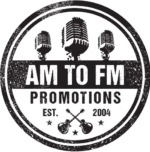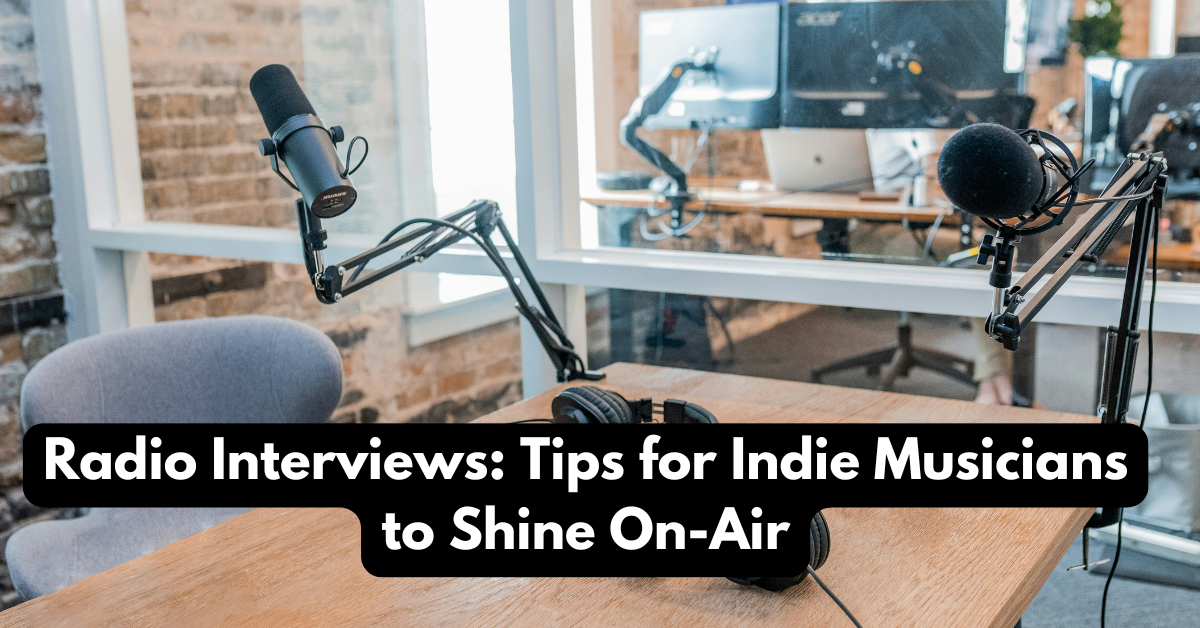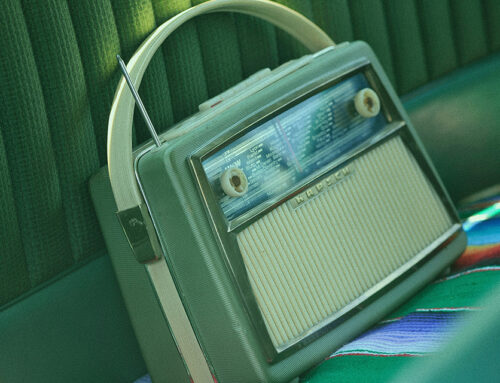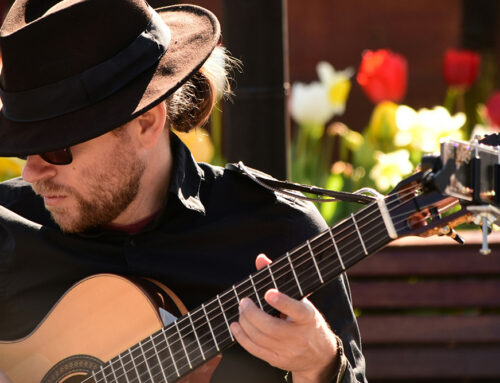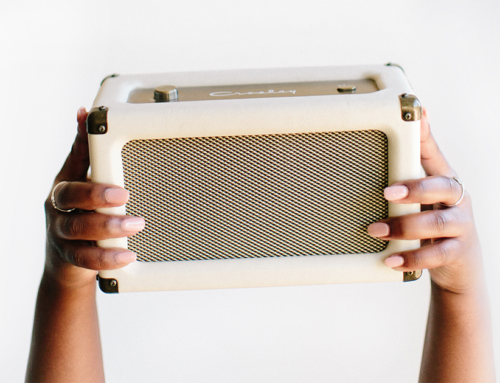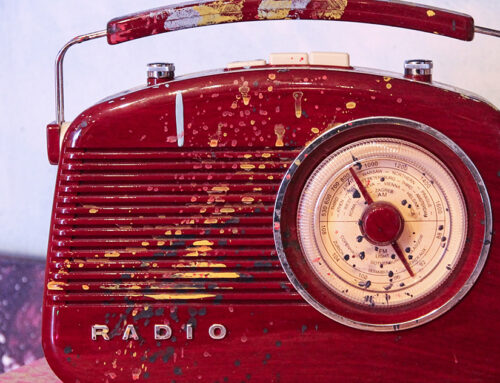Radio Interviews: Tips for Indie Musicians to Shine On-Air
One of the most effective ways to reach new audiences and build your brand is through radio interviews. This medium allows you to connect with listeners on a personal level and share your story, music, and vision. In this post, we’ll explore essential tips for indie musicians to shine during radio interviews, ensuring you make a lasting impression.
The Power of Radio Interviews
Radio interviews are an essential tool for indie musicians. According to a report by Nielsen, 92% of Americans listen to the radio weekly, with 18-34-year-olds comprising a significant portion of the audience. This statistic highlights the potential reach and impact of radio on your career. Whether you’re promoting a new album, a single, or your upcoming tour, radio interviews can help you connect with new fans and increase your visibility in the industry.
Preparing for Radio Interviews
Preparation is key to a successful radio interview. Here are some essential steps to ensure you’re ready to shine on-air:
Research the Station and Host
Before your interview, take the time to research the radio station and the host. Understand their audience, the style of the show, and previous guests they’ve had. This knowledge will help you tailor your responses and ensure your message resonates with the listeners.
Know Your Music Inside and Out
Be prepared to discuss your music in detail. Know the stories behind your songs, the inspiration for your lyrics, and the creative process involved in your recordings. This knowledge not only showcases your passion but also engages the host and listeners, making your interview more dynamic and interesting.
Develop Key Messages for Radio Interviews
Identify the main points you want to communicate during the interview. This could include your artistic journey, upcoming projects, or your vision as an indie musician. Stick to these key messages to ensure you stay focused and deliver a coherent narrative.
Prepare for Common Questions
While every interview is unique, there are common questions you can anticipate. These may include:
- What inspired you to become a musician?
- Can you tell us about your latest project?
- How do you connect with your audience through your music?
Practicing your responses to these questions will help you sound natural and confident during the interview.
Creating Engaging Content
Once you’re in the interview, it’s time to captivate your audience. Here are some tips for creating engaging content that resonates with listeners:
Share Personal Stories in Radio Interviews
Listeners love to connect with artists on a personal level. Share anecdotes about your journey, challenges you’ve faced, and moments of triumph. This vulnerability creates a relatable narrative that can forge a deeper connection with your audience.
Highlight Your Unique Selling Points
As an indie musician, your uniqueness is your strength. Highlight what sets you apart from others in the industry. Whether it’s your distinctive sound, innovative approach to songwriting, or a compelling backstory, make sure to emphasize these aspects during your conversation.
Engage with the Host
Treat the interview as a conversation rather than a Q&A session. Engage with the host, respond to their comments, and build a rapport. This will create a more relaxed atmosphere, allowing your personality to shine through.
Making the Most of Your Time
During a radio interview, time is often limited. Here’s how to make the most of it:
Be Concise During Radio Interviews
While it’s important to share your story, being concise is equally vital. Aim to communicate your points clearly without rambling. This not only keeps the audience engaged but also allows for more topics to be covered during the interview.
Use Clear Language
Avoid jargon or overly complex language. Use simple, relatable terms that resonate with a broad audience. This ensures that listeners can easily grasp your message, regardless of their familiarity with the music industry.
Call to Action
Don’t forget to include a call to action. Whether it’s encouraging listeners to check out your latest single, visit your website, or follow you on social media, make it clear how they can support your music.
Following Up Post Radio Interview
Your work doesn’t end once the interview is over. Here are steps to take afterward:
Thank the Host
Always send a thank-you note or email to the host after the interview. Express your gratitude for the opportunity to share your music and story. This simple gesture can leave a positive impression and may lead to future collaborations.
Share the Radio Interview
Once the interview airs, be sure to share it across your social media platforms, website, and mailing list. This not only promotes your music but also helps the station and host gain exposure.
Reflect and Improve
Take time to reflect on your interview. Consider what went well and what could be improved for next time. This self-reflection will help you evolve as an artist and communicator.
Conclusion: Your Voice Matters
Radio interviews are a powerful tool for indie musicians looking to expand their reach and connect with audiences. By preparing thoroughly, engaging with hosts, and sharing your unique story, you can shine on-air and leave a lasting impression. Remember, your voice matters, and your music deserves to be heard.
Radio Interviews for AM to FM Promotion Clients:
We solicit radio interviews as part of all campaigns, however, many stations aren’t really interested in interviewing an artist on their first single, so most interviews happen on the second or third single.
